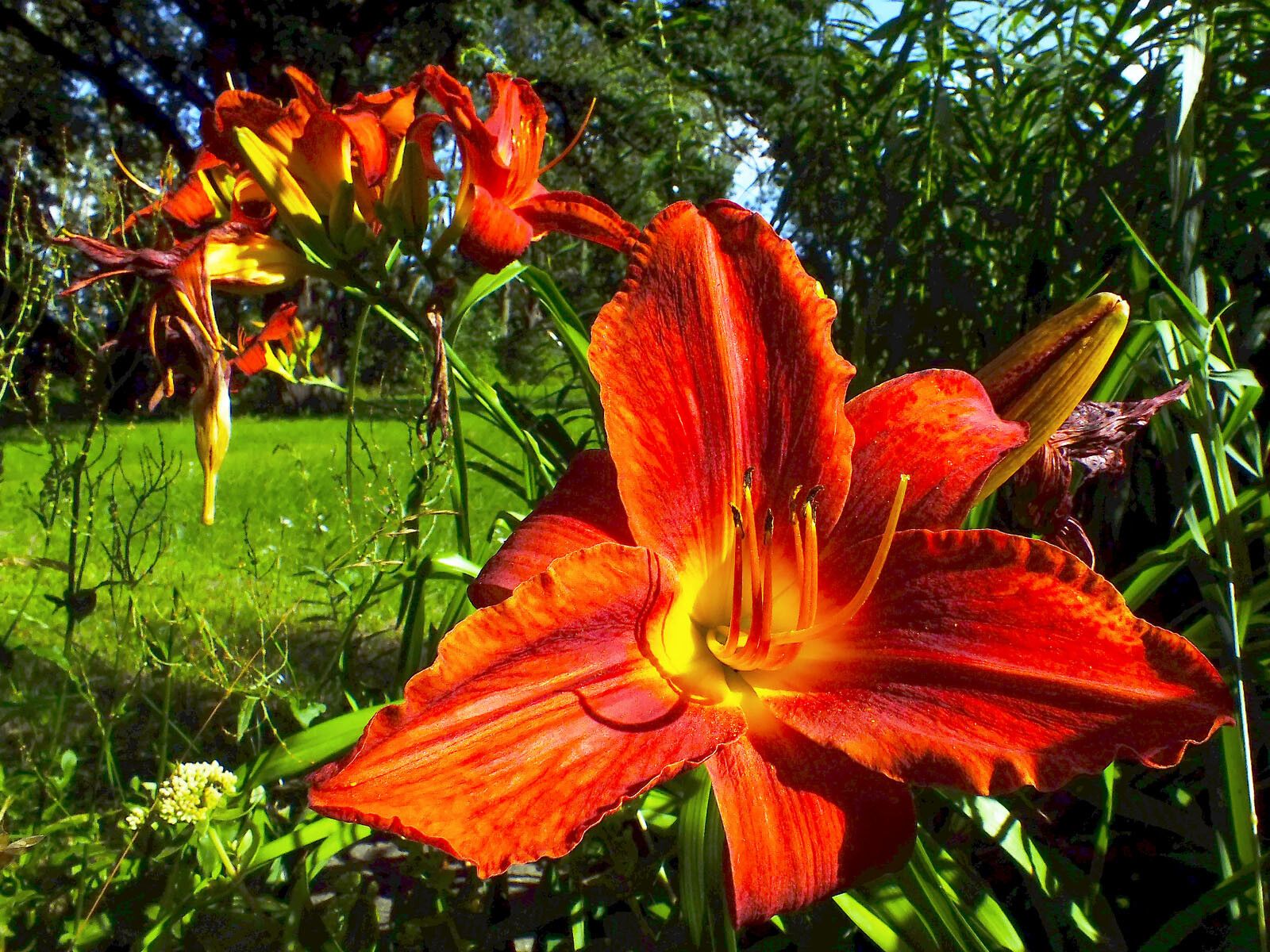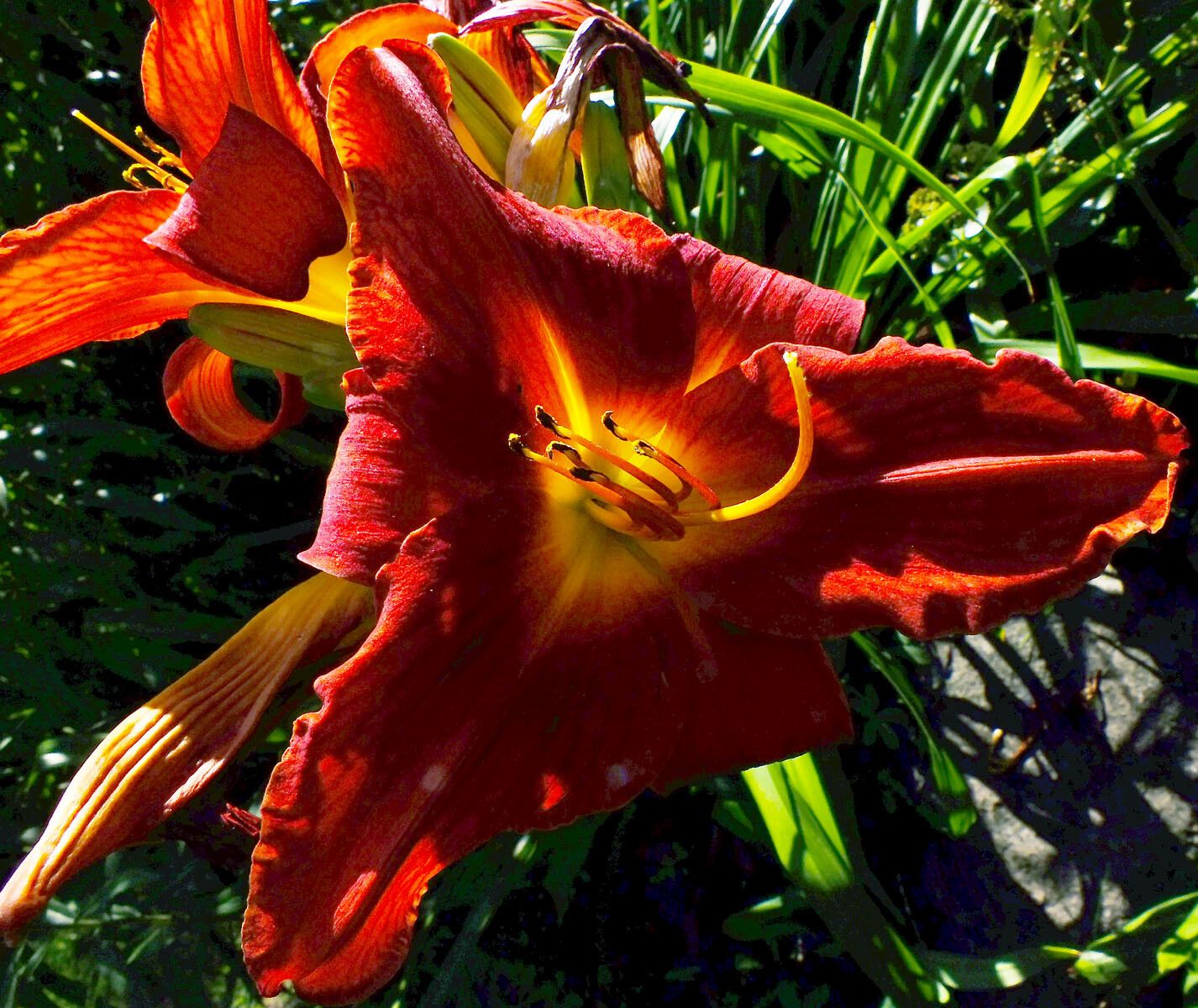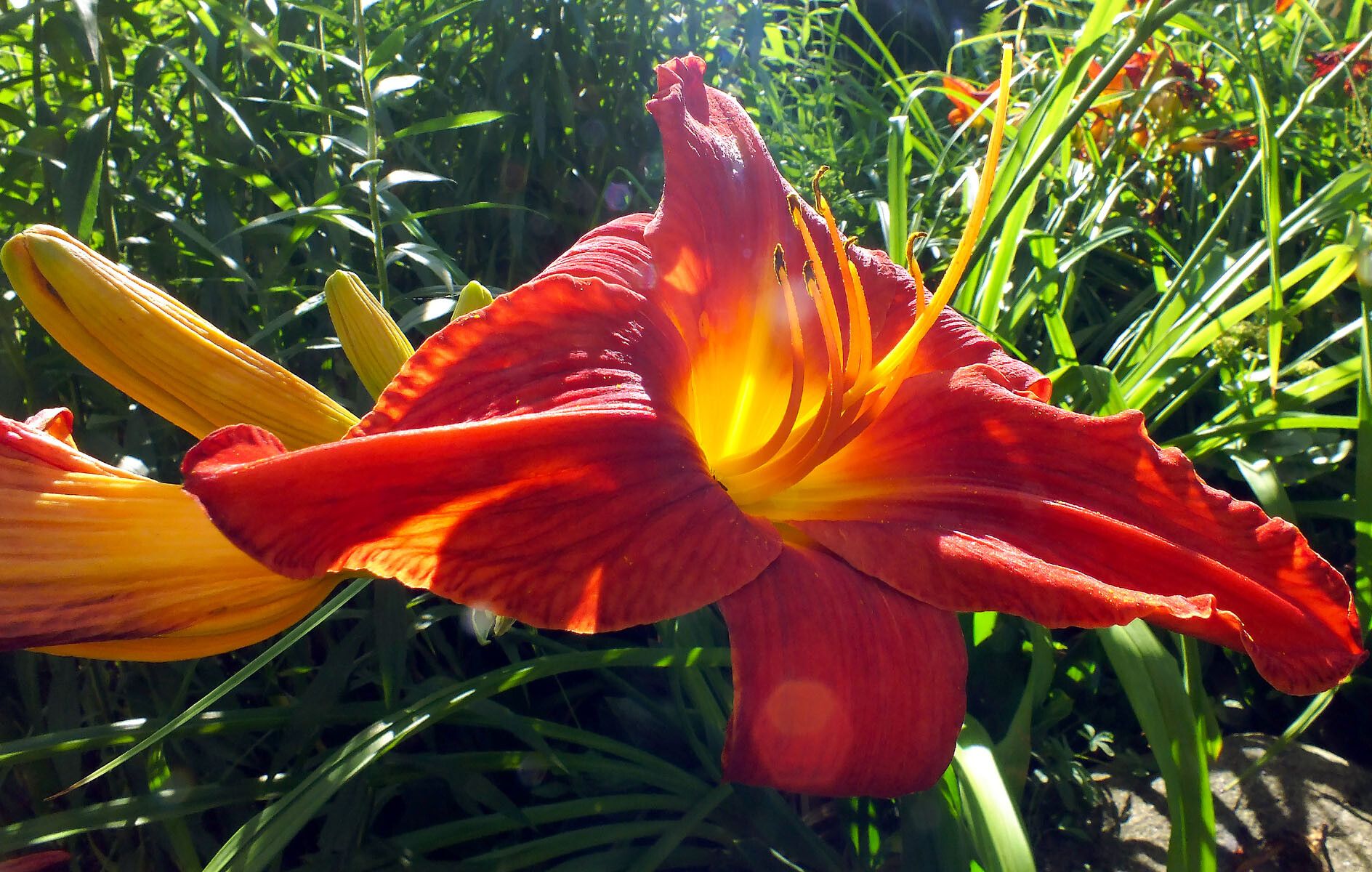Vaatlus
Kindlaks määramised
Proposed determination
Arvatav nimetus (Esitatud nimetus)
100%Confidence score
Suggest another determination
You don’t agree with the suggested species but don’t have another suggestion
Kommentaarid
Lisaandmed
Loomis kuupäev
17. juuli 2022
viimati üle vaadatud
26. dets 2023
Bratoszewice, Park Szkoły
It is native to Asia from the Caucasus east through the Himalaya through China, Japan, and Korea.
Ornamental plant.
Edible plant - leaves and young shoots cooked, an asparagus or celery substitute, an excellent sweet tasting vegetable; flowers raw or cooked, the petals are thick and crunchy, making very pleasant eating raw, with a nice sweetness at the base because of the nectar; flower buds raw or cooked, a pea-like flavour, can be dried and used as a relish; tubers raw or cooked, a nutty flavour, young tubers are best.
Herbal plant - flowers are anodyne, antiemetic, antispasmodic, depurative, febrifuge, mildly laxative and sedative, in China they are used as an anodyne for women in childbirth, an extract of the flowers is used as a blood purifier; rhizomes have shown antimicrobial and diuretic acivity, they are also tuberculostatic and has an action against the parasitic worms that cause filariasis, they are used in Korea to treat oppilation, jaundice, constipation and pneumonia, juice of the roots is an effective antidote in cases of arsenic poisoning; roots also have a folk history of use in the treatment of cancer, extracts from the roots have shown antitumour activity; a tea made from the boiled roots is used as a diuretic.
Usable plant - the tough dried foliage is plaited into cord and used for making footwear!
Shared in
Grupid (13)





